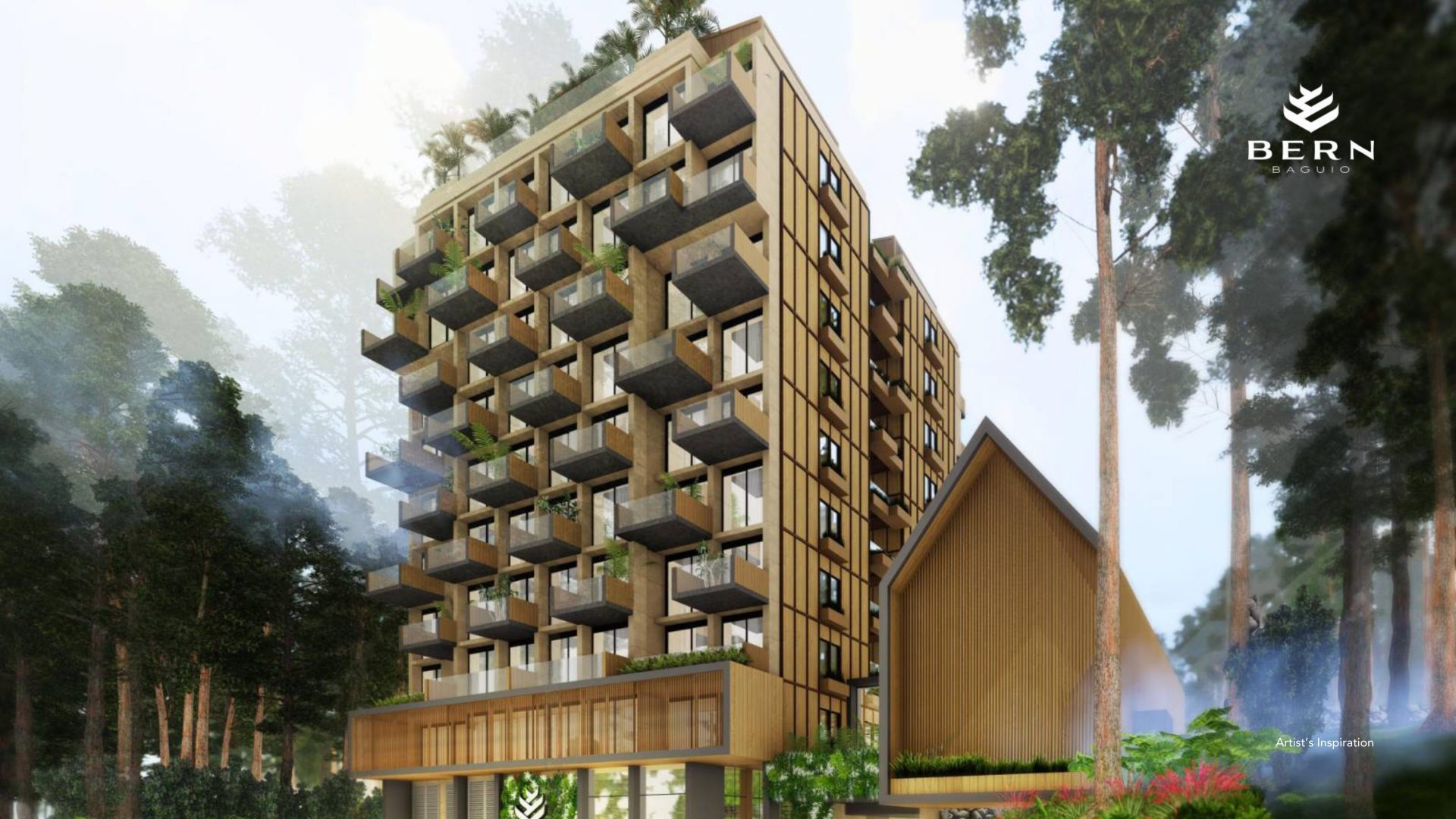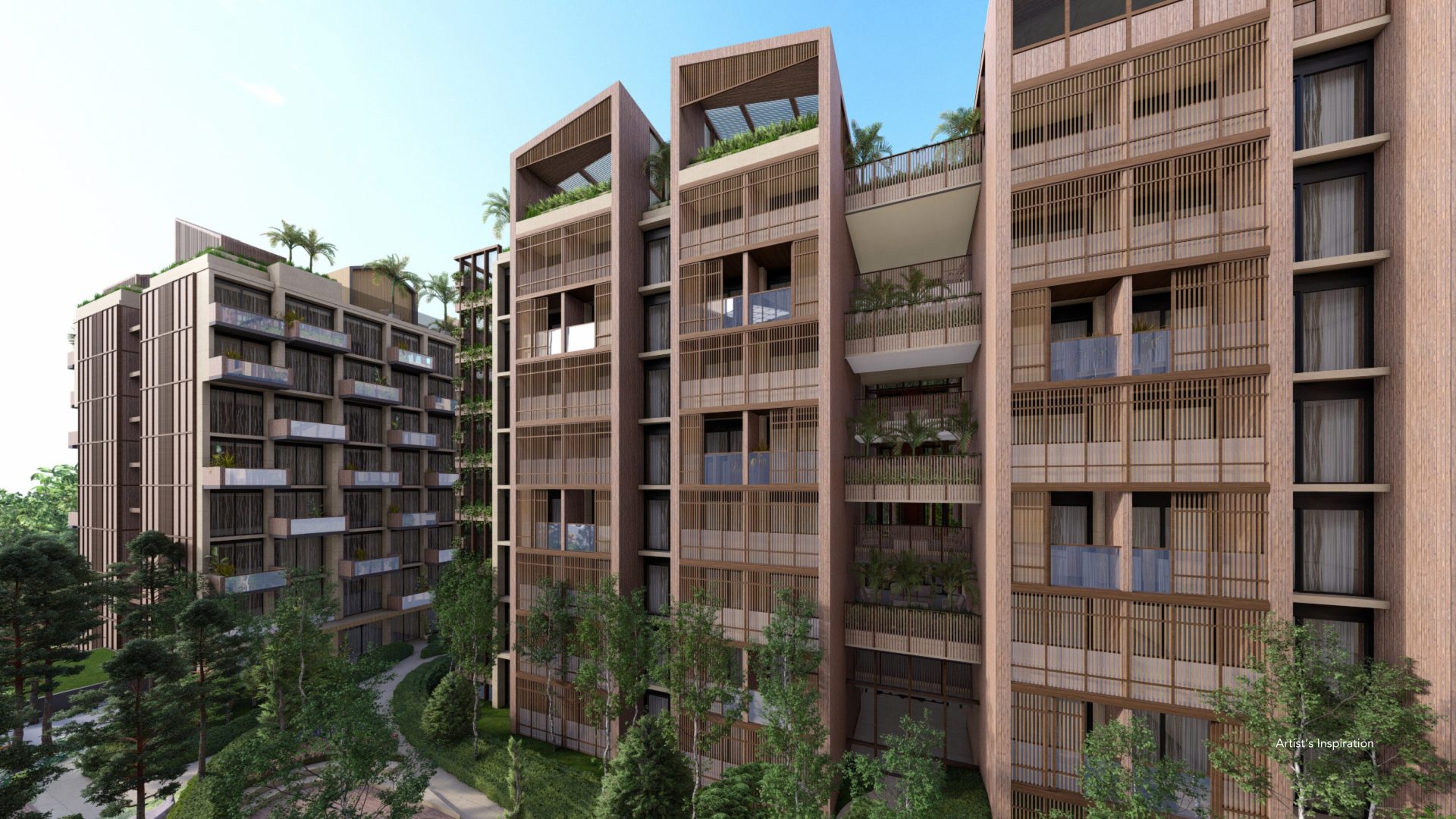BLOGS
Every Investor Should Know These Real Estate Terms
Real estate is known to be a lucrative and stable industry to invest in. While these characteristics will easily entice potential investors, diving into real estate investment is not as easy as it sounds. In fact, investing in any industry requires thorough research and preparation. These will help in making wise decisions and lessen the risks of losing one’s hard-earned money as much as possible.

Interested to start investing in real estate? One of the first things to jumpstart the journey is bring familiar with important real estate terms that an investor will most likely encounter.
Real Estate Terms for Investors
Amenities
Amenities are special features that real estate developers offer to its residents. Luxury and upscale developments usually include wellness facilities, olympic-sized swimming pools, playgrounds, gardens, and other common areas. These amenities are being used by developers as selling points of their developments to entice potential homebuyers to invest in a property.
Amortization
Amortization is a term that is not only used in real estate but in many industries as well. In this context, it is one of the real estate terms related to the payment arrangement of the loan used to finance the property purchase. The amortization amount includes the loan’s principal amount with the interest.
As the principal amount continue to decrease during the amortization period, the amount of interest decreases as well. When the agreed amortization schedule arrives, the person who made the loan should see the principal amount and interest needed to be paid, along with the remaining balance for the entire loan.
Appreciation
When real estate is being discussed, the word appreciation will surely come up. This refers to the increase in the property’s value as time passes by. There are plenty of factors that affect the appreciation value of a property which includes the inflation rate, supply and demand in real estate properties, and new developments near the property’s location.
Cash Flow
Cash flow is a finance term that refers to the amount of money that investors receive after deducting the expenses of maintaining the property. These expenses include amortization payments, taxes, and repairs. Simply put, the investor’s goal is to secure a positive cash flow from their investments.
Capital Gains
Capital Gains refer to the amount when the property’s value has been subtracted from its purchase price. Basically, it is the profit from selling a real estate property. Property owners who sell their property will be taxed according to their capital gains.
Deed of Absolute Sale
The deed of absolute sale is one of the most important real estate terms that an investor needs to remember. This is the legal document that will serve as proof that the property owner and the buyer have agreed on the sale of the property.
The deed of absolute sale indicates that all obligations from both parties have been met and the rights to the property are now ready for transfer to a new owner. Once this has been signed, the property will be turned over to the buyer.

Diversification
Real estate diversification is a popular practice for investors. It means that the investor’s portfolio are distributed among different locations, property types, and property classes. The goal of diversifying one’s assets is to mitigate the risks that come with investing. In simpler words, it used the principle of “not putting all eggs in one basket.”
Equity
As the property appreciates in value, the investor gains equity. It is the difference between the original price of the property and its current selling price. If the property is still under a home loan, the outstanding balance should be subtracted from the current market value.
When the property continue to increase in value, the bigger the equity is.
Fair Market Value
When an owner is in the process of selling the property, a real estate appraiser is being hired to find out the fair market value. It refer to the benchmark price of the property based on a number of factors that affect real estate prices.
Foreclosure
When the property owner can no longer fulfill the remaining balance of the home loan, the lenders have the right to legally repossess and resell the property. There are investors who are targeting foreclosed properties because these are usually a little cheaper than the newly built properties. Banks offer such properties through their official websites or via auctions and open houses for interested clients.
Homeowner’s Association
Exclusive communities like subdivisions and condominiums have a Homeowner’s Associations (HOAs) to oversee maintenance and repairs of common areas in the development. HOAs collect a certain amount from homeowners that will be used as community fund.
Interest
Interest is also one of the real estate terms that is a familiar concept to many people.
Lenders make a profit from house financing through interest. This is the amount that a borrower pays on top of the principal amount of their home loan. The interest rate varies per client which is being determined by the lender based on many factors like one’s debt to income ratio. The interest can also be under a fixed rate mortgage or adjustable rate mortgage.
Lease
A lease is a legal contract between the property owner and the lessee or more commonly known as tenant. The leasing terms vary per property so it is best to thoroughly check the written agreement before signing a lease contract.
Mortgage
Mortgage refers to the legal document the indicates the terms and conditions of a home loan issued to a borrower or the mortgage holder of the property. Mortgage loan is a long-term loan that uses the property as collateral for the borrowed money. Mortgage lenders usually offer monthly mortgage payment term of 10-30 years. When the borrower is about to pay the entire loan, there are also closing costs that needed to be settled.
In the Philippines, there is a government controlled agency called PAG-IBIG fund that focuses on providing home loan assistance from low to mid-income segments. After completing the down payment, the financing of the loan will then be continue through these lenders.
Open House
An open house is an event organized by a real estate business to entice potential clients to check out the development and pique their interests to purchase a property. While open houses are still a thing today, many real estate developers started to introduce virtual tours for greater reach and provide an alternative option for those who are still hesitant to do any face-to-face real estate transaction because of the pandemic.

Pre-selling
Real estate developers market their upcoming developments way before the actual construction of the property. This is to ensure that the properties will have a less vacancies when it is finally built.
A pre-selling unit is usually cheaper because it is sold with an introductory price along with promos to entice more potential homeowners to purchase a property. Homebuyers can also benefit from a pre-selling unit because the price have not yet appreciated at this point.
Real Estate Agent
Real estate agents are professionals that represent the buyers or sellers throughout the process of property ownership. Agents accompany buyers to house visits and assist them to finalize the sale through offer letters and processing of legal documents.
Real Estate Broker
Real estate brokers are licensed professionals who work in between a seller and a buyer. In most real estate firms, the real estate agents report to the brokers. Real estate brokers are especially helpful for investors as they serve as a guide in the field.
RFO
Ready-for-occupancy (RFO) properties, as the name suggests, are properties that are available to be occupied by clients right away once the sale has been finalized. RFO properties can be purchased from developers for newly built subdivisions or pre-owned houses.
RFO is the opposite of pre-selling. Since this kind of properties are already constructed, clients have the advantage of inspecting the actual property before committing to the mortgage.
ROI
Return on investment (ROI) is another financial term used in many industries. When a property has ROI, it means that the invested money has been recouped after all expenses have been deducted. This will determine if the investment has positive or negative cash flow.
Tenant
Tenants are people who rent or agree into a lease contract with a property owner. Depending on the agreement, tenants can also have the right to use the property’s amenities and other features usually found in exclusive communities.
Title
Simply put, a title refers to the legal document that serves as a proof that an owner has full rights to the property. If the property is still under a loan, the mortgage lender holds on to the title as collateral for the borrowed money.

Vacancy Rate
This is the percentage of unoccupied properties in a specific real estate development. The vacancy rate can affect the prices in the real estate market. For real estate investors, the goal is to keep the vacancy rate low.
Invest in Luxury Homes by Brittany
Diversify your investment portfolio with a Brittany luxury home! Purchase a property that offers endless investment opportunities. Whether for business or personal use, the luxury real estate properties offered by Brittany Corporation have the best amenities and features that provide a resort-like experience to perfectly suit the affluent lifestyle.

Visit Brittany’s official website and social media pages to know more about their extensive portfolio of luxury homes located at prime locations in the Philippines.

















